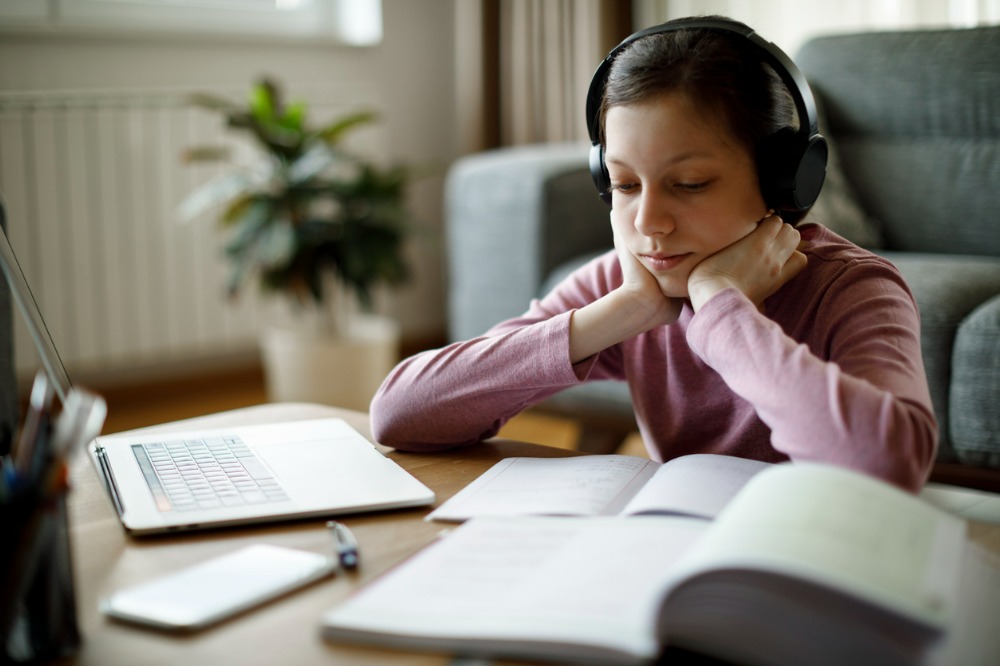
A study conducted by Reviews.org earlier this year found that Australians will spend almost 17 years – or 33% of their waking life – on their smartphone.
For those of us who are old enough to remember the days when smartphones, social media and household Internet did not exist, it might seem strange as to why people now dedicate so much of their time to things that society managed perfectly without up until they arrived.
A growing body of research on screentime offers the answer, and its implications in our increasingly digitally addicted society are alarming.
Researchers have found that screen use releases dopamine into the brain, which inhibits impulse control and affects the frontal cortex in a similar way that the effect of cocaine does. Screentime can cause dopamine to flood into the brain, leaving us wanting more and in turn, keeping us tuned out but plugged in for worrying periods of time.
Indeed, studies have shown that for young children, any more than a couple of hours in front of a screen can have a damaging impact on the brain – particularly when it comes to cognitive functions.
Some of the long-term effects of excessive screentime for children include speech delay, cognitive impairment and difficulty with problem-solving and creative thinking.
According to feral guidelines, children younger than two should have no screentime whatsoever, while children aged 2-5 should have just one hour per day. For children and young people aged 5-17, it is recommended they have no more than two hours of sedentary recreational screen time per day.
A Roy Morgan poll released in May this year shows that in 2020 young Australians aged 6-13 spent an average of almost 16 hours a week online, including 11 hours a week on the internet at home.
When it comes to regulating screen use, it is left to parents to ensure that their children follow the guidelines. However, a study from Deakin University’s School of Psychology has found that at least half of toddlers and pre-schoolers who use mobile screens use them without adult supervision.
Excessive screentime can also cause a number of serious health issues among adults, and the shift to remote learning has seen this manifest in the ‘digital exhaustion’ of school staff.
Dr Judy Pickard, UOW’s Senior Lecturer in Clinical Psychology and a mindfulness expert, said the inertia we experience when faced with the repetitiveness of life can be combatted by doing one thing at a time.
"If we think ahead and engage in worrying about the uncertainty of the future, we take on all the weight in one moment. And it gets heavy. But if we think about what we can do today, we maintain 'the here and now', and things become manageable," she said.
According to Dr Pickard, practising mindfulness can also be a helpful exercise during this time.
"We all tend to hold on to different expectations. We know we're missing out, and we tend to obsess about it. The only way to release the heaviness of 'what could have been' is by letting go of our preconceived ideas,” she said.
"Then we can think how to make this new situation work for us.”
Mindfulness is also the practice of self-compassion, Dr Pickard added.
"We can be our harshest critics, having high expectations of how we're supposed to be doing or feeling," she said.
“By allowing ourselves to be human – to let go of the struggle and accept the situation as it is, and take more time and space than we usually do – we're building our mental strength.”


